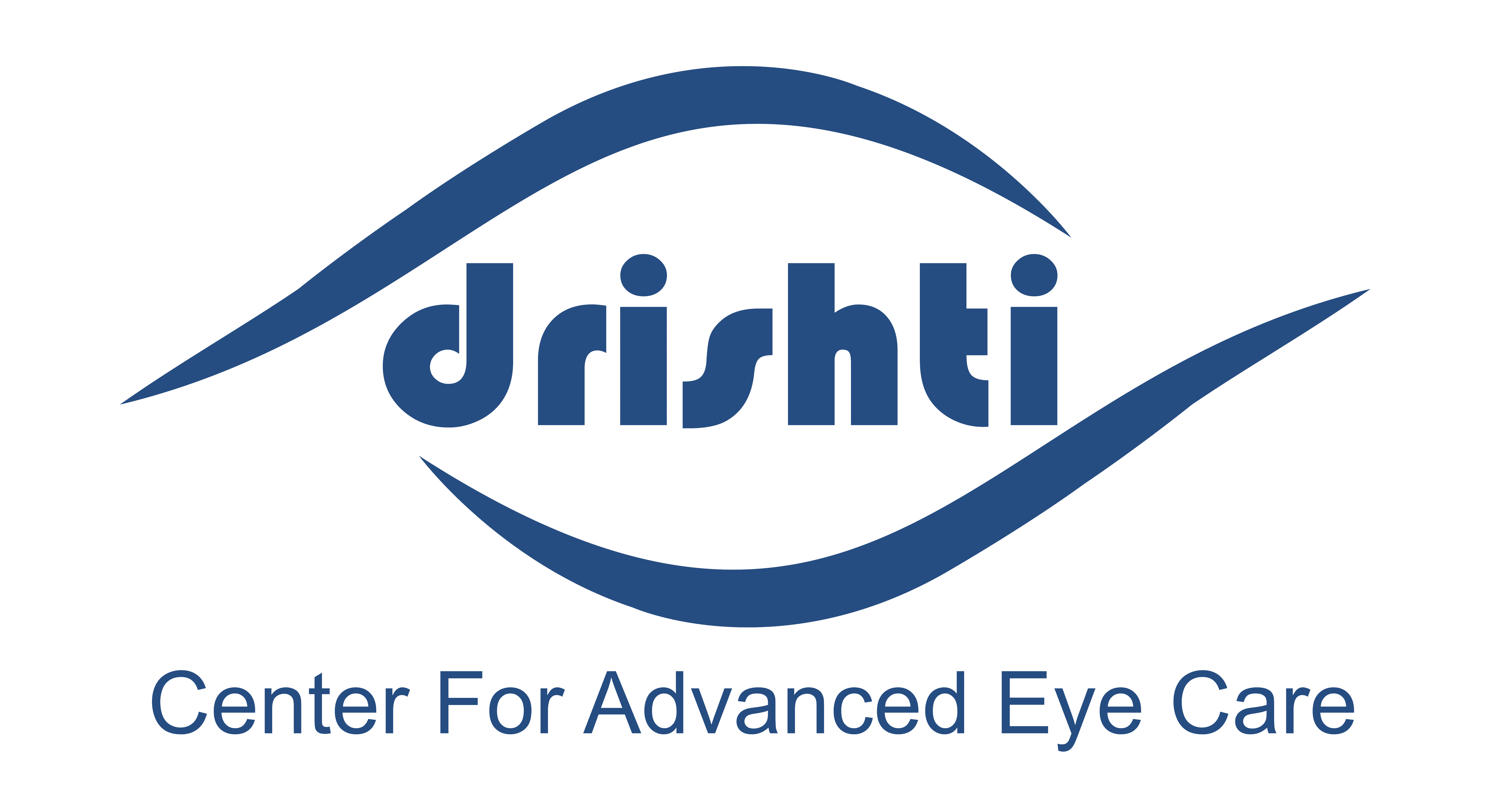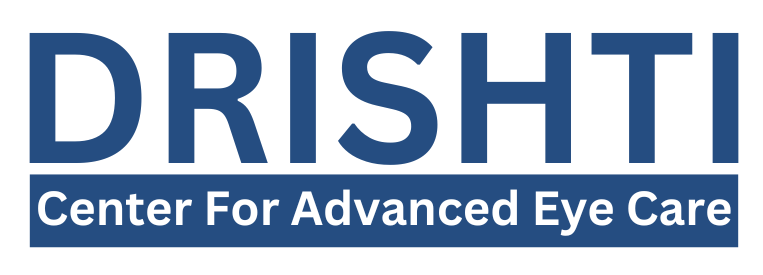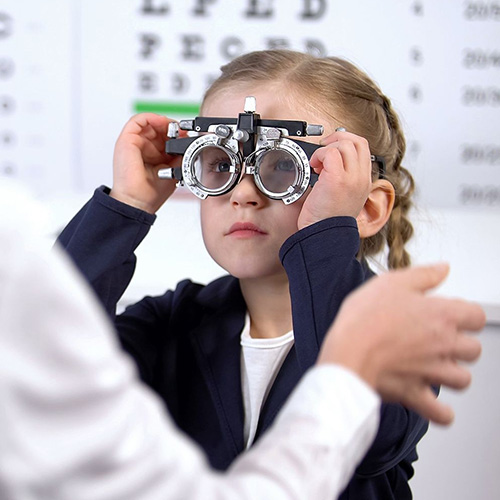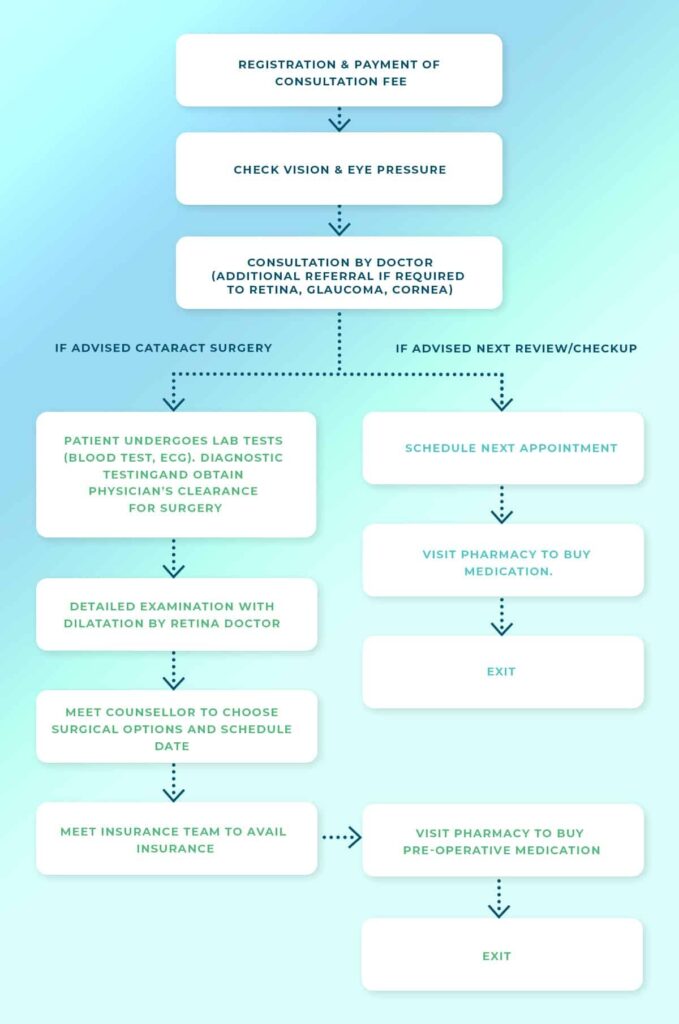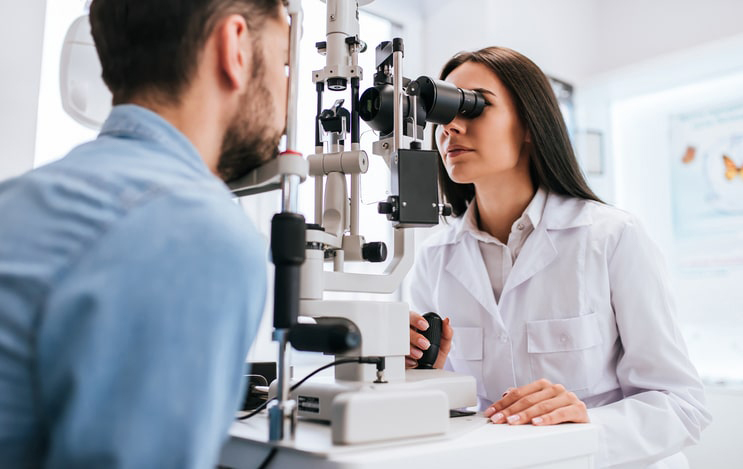7 Days Open
|
10+ Doctors
|
Location: Almora (Uttarakhand)
|
7 Days Open
|
10+ Doctors
|
Location: Almora (Uttarakhand)
|
7 Days Open
|
10+ Doctors
|
Location: Almora (Uttarakhand)
|
7 Days Open
|
10+ Doctors
|
Location: Almora (Uttarakhand)
|



